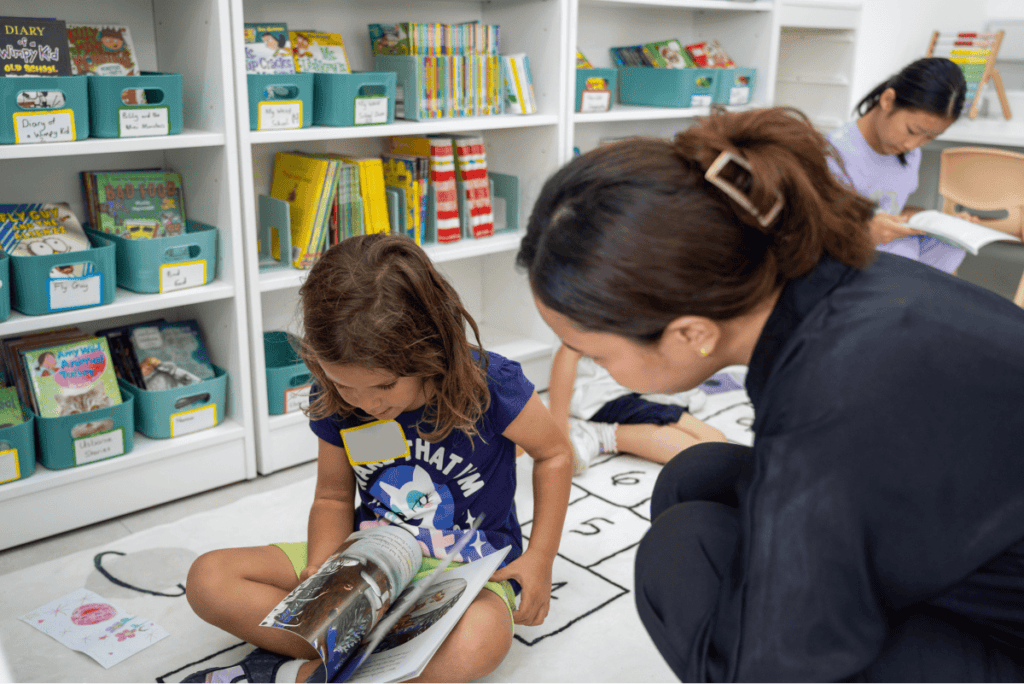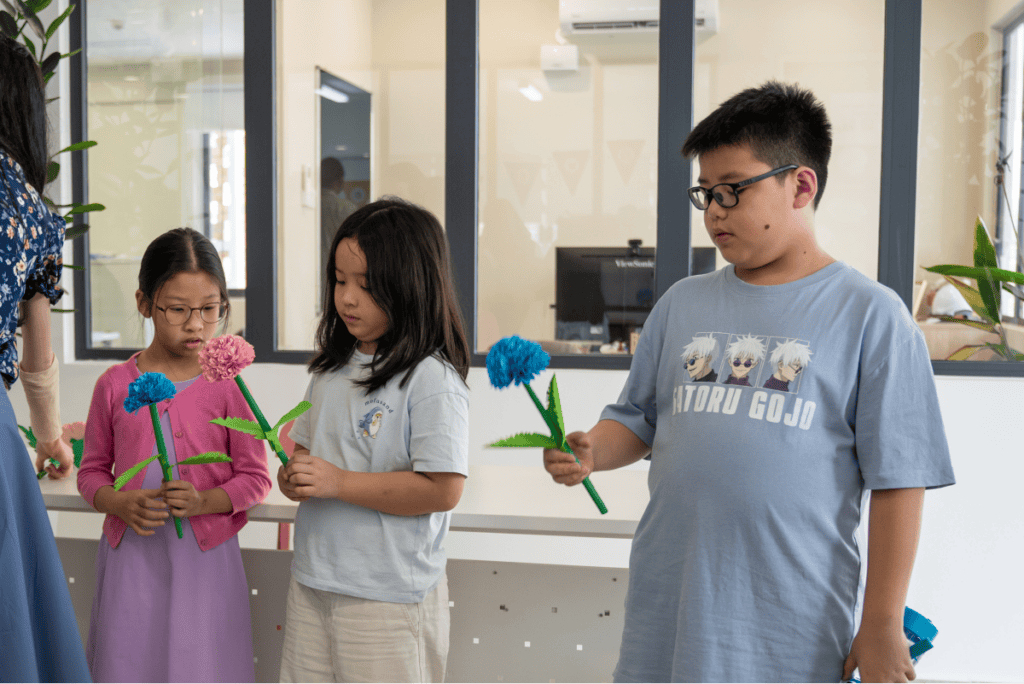Enrichment
We have a comprehensive Enrichment Programme offering a wide range of activities for students to participate in.
Enrichment
We have a comprehensive Enrichment Programme offering students a wide range of activities to participate in. We have adopted the same approach as our sister school Concord College UK to enable students to develop their talents and interests at an age appropriate level beyond the classroom. Enrichment at CCIS includes clubs and societies, music and the arts, sport and outdoor education, as well as social activities, trips and expeditions. It encompasses both Extra-Curricular Activities and the Super Curriculum. Students will benefit both personally and socially whilst learning the importance of team working, resilience and time management.
Extra-Curricular Activities
CCIS acknowledges the importance of extra-curricular activities contributing positive benefits to the physical and mental well-being of children young people and will encourage active participation from students at all stages of their education.
During the school day all students in the Primary, Middle and Senior Schools will have the opportunity to participate in timetabled compulsory activities including sport, music and the creative and performing arts. The extra-curricular programme will offer additional opportunities, some of which will be compulsory, to try out a range of age appropriate activities including:
- Sport
- Music – a combination of curriculum music, individual tuition and ensembles
- Art
- Drama
- Outdoor education
- Community engagement
- House System* & Leadership opportunities
- Trips
THE HOUSE SYSTEM
Students at CCIS are divided into 4 houses which are named after famous individuals from different parts of the world who represent the international, co-educational and diverse nature of the school community (see below for short biographies). In addition, their words and lives have often promoted certain worthy ideas and values.
Students are allocated to a House on arrival at Concord, ensuring parity of gender, age and nationality in each House where possible, and remain in that House for their school life. This is separate from the Boarding RESIDENCE where the students live while at Concord. Inter-House contests take place regularly and include a range of sporting activities together with more cerebral activities such as chess and debating.
House Captains are selected each year and most of the activities are organised and led by the students themselves with guidance from members of staff allocated to each House. The mix of ages, sexes and nationalities, in each house, ensures a true international mix in all teams, which fosters the ethos of harmony and cooperation which exists at Concord.


CURIE
Marie Curie was a pioneering physicist and chemist whose work focussed on radioactivity. Curie helped to discover two radioactive elements, polonium and radium. She also successfully isolated, or separated, radium from the rock in which it is found. Science, medicine, and industry soon found important uses for these elements. For example, radium was used for many years to treat cancer. During World War I, Marie helped to build a car that carried X-ray equipment to doctors treating wounded soldiers. After the war, Marie continued her study of radioactive substances and their use in medicine. She was the first woman to win a Nobel Prize, the first person and only woman to win one twice, and the only person to win the prize in two different sciences.
KONG
Kong Qiu, known more commonly as Kong Fuzi (Master Kong), or Confucius, was a Chinese philosopher and educator born in 551 BC. Kong Qiu believed in the transformative power of education and the cultivation of key virtues including kindness, respect, honesty, modesty, wisdom and trustworthiness. He became a teacher and travelled throughout China offering his wisdom and teachings. Despite facing persecution and exile during his lifetime, Kong Qiu’s teachings led to Confucianism, and had a profound effect on Chinese society and culture. Central to the Confucian way of life is the importance of education in developing a good moral character, which is crucial to living a peaceful and harmonious life. His legacy can be seen in Chinese education, art, literature, governance and philosophy.
MANGALAM
After World War II, Mother Mangalam was deeply affected by the poverty and hardship that she saw around her. The suffering and pain of her fellow human beings turned into a strong will to do something that will alleviate all the negativity she could see and feel. She dedicated her life for the cause of orphans and homeless children, setting up the Pure Life Society in 1952 together with her spiritual mentor, Swami Satyananda. Around 2000 children have passed through its doors and had their lives transformed since then. In 2010 she was awarded the Merdeka Award for ‘her outstanding contribution in promoting the welfare of the underprivileged and for fostering national unity.’
SHAKESPEARE
William Shakespeare, sometimes affectionately known as The Bard, was born in 1564 in Stratford-upon-Avon, England. His prolific literary output included around 154 sonnets and 38 plays, many of which continue to be performed and admired all over the world to the present day. He is considered by many to be the greatest writer and dramatist of the English language. He is also one of the most influential. He transformed English theatre through innovation in genre, plot and characterisation. Through his works, he is credited with introducing hundreds of new words and phrases to the English language, and he is the world’s best-selling playwright with sales of his plays and poetry believed to be in excess of four billion copies.
The Super Curriculum
As an academic school we are committed to the concept that learning continues when students leave the classroom. Through the super-curriculum students are encouraged to explore their subject beyond the syllabus to enhance their breadth and depth of understanding and develop their skills of creative and critical thinking. By following their own academic interests students begin to appreciate that learning is a process over which they take ownership, rather than something which is ‘done to them.’
At CCIS the super-curriculum will include age-appropriate activities which will begin at the upper end of Concord Primary and extend throughout Concord Secondary with increased opportunities in the Sixth Form:
- Teacher led academic clubs and societies eg Law Society, Medics Society, Philosophy Club, ICT, Robotics
- International Extended Project Qualification
- Student led discussion groups eg Physics & Engineering Discussion Group
- Academic competitions eg Mathematics, Physics, Chemistry Olympiads
- Academic trips
Concord College International School (CCIS) and Xiamen University Malaysia (XMUM) signed a memorandum of understanding which, signifies our commitment to providing students with opportunities that can go beyond the traditional classroom setting. By working with Xiamen, we can create unique learning experiences that will benefit and empower our students immensely.

